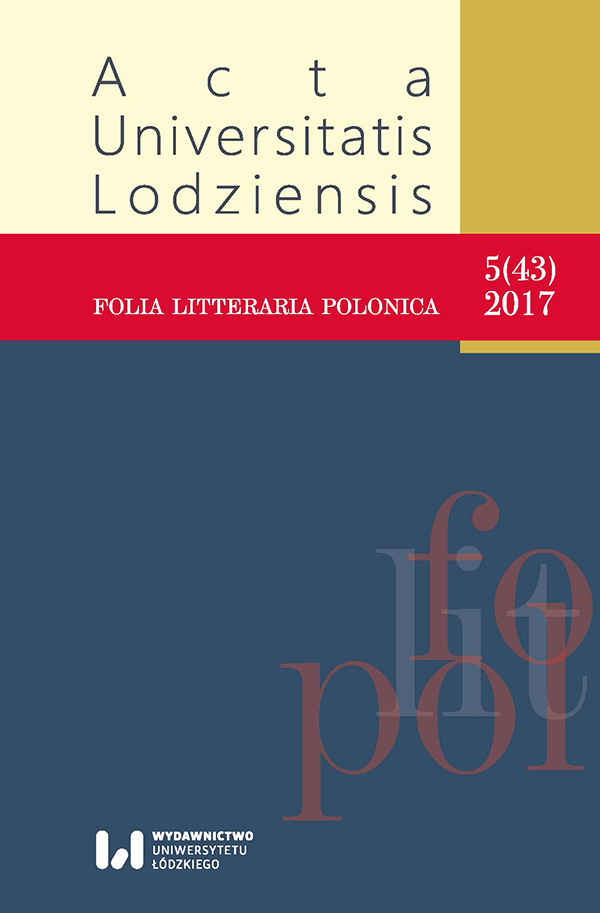Fake news. A continuation or rejection of the traditional news paradigm?
Fake news. A continuation or rejection of the traditional news paradigm?
Author(s): Marek PalczewskiSubject(s): Language and Literature Studies, Electronic information storage and retrieval, Communication studies
Published by: Wydawnictwo Uniwersytetu Łódzkiego
Keywords: fake news;news paradigm;authenticity;media
Summary/Abstract: In the article, I analysed the problem of fake news in the context of the traditional paradigm of a news story. The traditional paradigm posits that, most of all, a piece of information is true. However in contemporary media, there exist pieces of information which are fabricated and untrue. It is not a new phenomenon, yet it has intensified in recent years. News stories are fabricated for entertainment, political, or commercial purposes. They are carriers of propaganda and profit. The essence of fake news is the intentional misleading of the receiver for achieving the above gains. It is difficult to verify their veracity, and identify fake news items due to their similarity to real pieces of news. That is why they are becoming a part of the media landscape in which we will probably have to exist.
Journal: Acta Universitatis Lodziensis. Folia Litteraria Polonica
- Issue Year: 43/2017
- Issue No: 5
- Page Range: 23-34
- Page Count: 12
- Language: English

